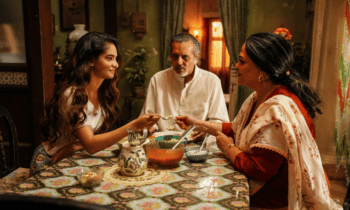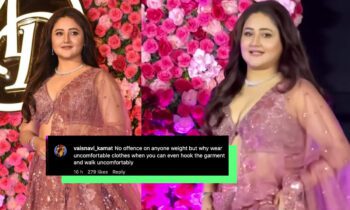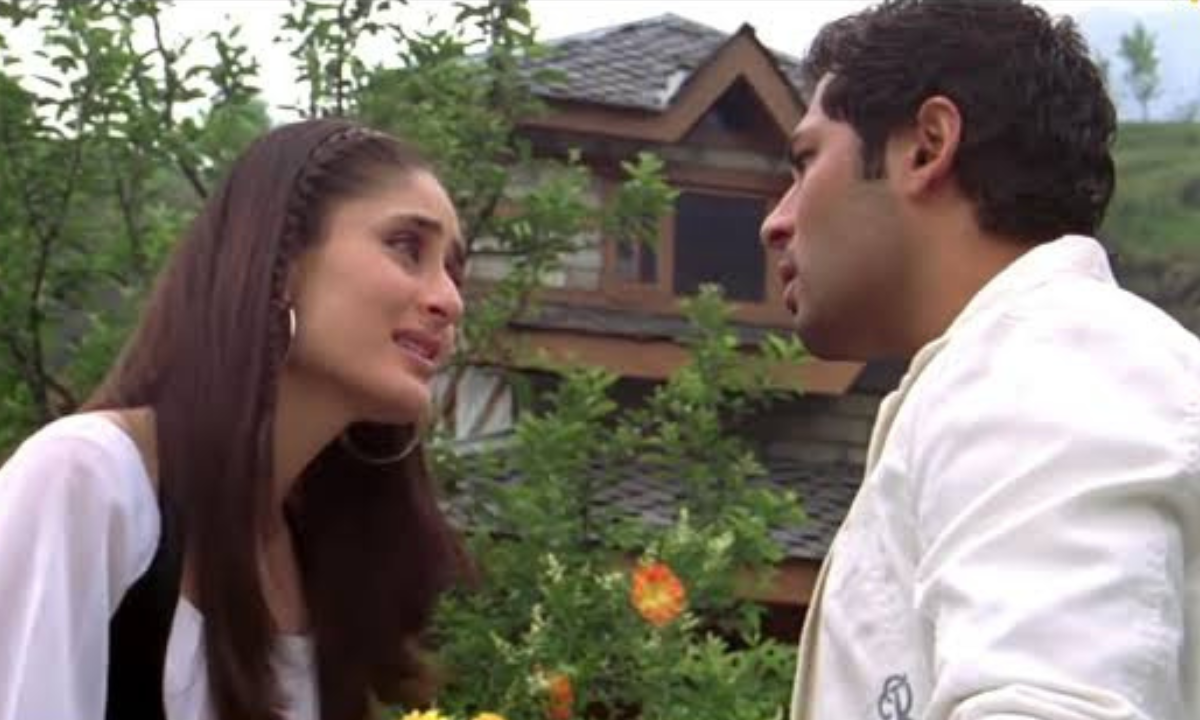How To Deal With The Emotional Triggers In Your Relationship

Over a period of time, I have realised that each one of us has been fucked over in different ways in life. We’ve had different childhood experiences and dating experiences as well. And what those things can do to our subconscious mind is worth thinking of. When we fight with our partner, it’s hardly ever black and white but more about what emotional triggers did they stir up in you.
What triggers you might not be a big deal for them. And when you are triggered you start building this whole scenario in your head. The fight or flight response in you gets activated and your brain starts to stress you out. In that defensive mode, we end up saying so many things to our partners that are not even remotely sensitive.
With poor communication, it keeps building up resentment in our hearts and before we know it, we’ve already made our conflicts look like huge walls. We find it difficult to break those walls and instead, we end up feeling that these issues are too big to be resolved.
How did we end up there? We start with so much love and warmth. You keep your trust in them and love them for who they are. And suddenly, they start triggering you so much. So how do we deal with these emotional triggers in our relationships? Here’s how.
Identify your triggers
The first and foremost step is to understand what triggers you. Is it a particular tone or phrases? Keep a track of what makes you almost instantly lose it. “It’s also valuable to notice the specific actions, tone, and words that set us off, so we can start to discern the roots of our reactions,” writes Dr. Lisa Firestone, a clinical psychologist, author, and the Director of Research and Education for the Glendon Association in PsychAlive. “Becoming aware of the source of our oversized reactions allows us to be more mindful and not take them out on our partner. We will be less critical of our partner and also feel more compassion for ourselves,” she further adds.
Let your “critical voice” calm the fuck down
“Becoming aware of the source of our oversized reactions allows us to be more mindful and not take them out on our partner. We will be less critical of our partner and also feel more compassion for ourselves,” explains Firestone.
Apparently, this little critical voice in us is hella negative and a total drama queen. It’s not you, it’s your critical voice. This doesn’t mean that you have to let everything go and object to nothing. Neither does it mean that he isn’t wrong. But your critical voice will provoke you to communicate in an attacking tone instead of having a simple discussion. Emotional triggers will make you imagine scenarios that do not exist. She further adds, “Instead of saying, “Hey, it really bothers me when you tune out when I’m talking. I feel hurt and like we miss out on a chance to connect,” we may say something like, “Why do you ignore me all the time? You’re obviously not interested in anything I have to say. You don’t care about me.” This heightened response is much more likely to provoke our partner (as well as their own critical inner voice), and thus begins a cycle of one person triggering the other, and nothing getting resolved.”
Slow down your responses and be mindful of them
This is an exercise I have started consciously doing this year itself. Instead of giving instant reactions, I detach myself from the situation and respond later. Reflect on things, cool down, and choose your words wisely. “When you’re mindful, you’re anchored in the present and you’re aware of what you’re saying, how you’re feeling, and how your words and actions are affecting your partner. With reactive behavior, you look at what the other person is doing to you. But with mindfulness, you go into yourself to understand what you are doing to you. This self-awareness lets you slow down your responses and gain conscious control of what in the past felt like pure reflex,” Dr. Andrea Brandt, a marriage and family therapist writes in Psychology Today.
Work through the past hurts
“Our attachment patterns can lead us to distort our partner, fitting them into a picture that comes from our past. For example, an anxiously attached person may read rejection into a totally devoted partner who is just busy at the moment,” Firestone explains. Our childhood plays a major role too. “We distort our partners by projecting that they’re behaving certain ways or seeing us in ways that fit with an old identity we felt in our family. We feel all the painful old emotions we felt as a child. Therefore, we have a big oversized reaction, which in turn emotional triggers our partner,” Firestone observes.
It’s important to let go of the baggage we carry and identify just what is causing us to make such assumptions. Once you know, these are real issues and your partner can help you heal and let go of toxic patterns.
ALSO READ:Respect Is As Important As Love For A Relationship To Work. Here’s Why
Receive your partner’s side of the story
You may feel so sure of the heightened scenario you made in your head. But don’t be dismissive of your partner’s feelings. You may not agree with them or even understand them. However, they too are influenced by their experiences and emotional triggers. Communicate calmly and accept their truth. Never make each other feel sorry for having the courage to be vulnerable in the relationship.




















